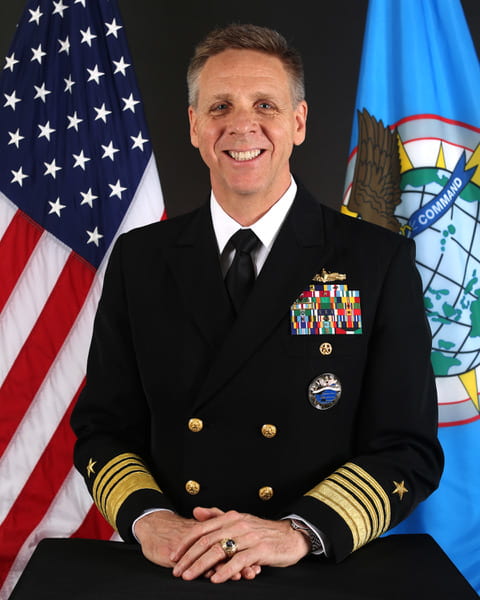National Defense Magazine

iStock photo
Research into pandemics and diseases sponsored by DARPA early in the last decade is now paying off in the fight against the novel coronavirus, the leader of the agency said July 30.
“We have some examples here around COVID-19 where the investments that DARPA made 10, 15 years ago are ones now at the forefront of providing both interventions, treatments, diagnostics and other ways we're going to get out of this mess,” Peter Highnam, acting director of the Defense Advanced Research Projects Agency, told reporters.
DARPA does not currently have any vaccine programs, but one that wrapped up around 2013 turned out to have a big impact on today’s efforts to defeat the pandemic, he said in a talk organized by George Washington University's Project for Media and National Security.
Autonomous Diagnostics to Enable Prevention and Therapeutics, or ADEPT, focused on rapidly identifying pathogens, developing vaccines and quickly ramping up production.
“The nucleic acid vaccines that we see today being discussed certainly have strong roots in that work,” he said. Such vaccines inject genetic material such as RNA and DNA into live hosts.
The Rapid Vaccine Assessment program finished its work in 2017, but also turned out to be a valuable seed DARPA planted, he said.
The program produced an artificial immune system technology to help organizations or companies determine which vaccines to pursue, or not pursue so they can “trim down that early part of the pipeline,” Highnam said.
“We have been in this business and this type of research before with the specific goal of pandemic prevention,” he added. “It's really good to see research paying off this way and to be so valuable."
Meanwhile, the ongoing Pathogen Prevention program has sought the means to help warfighters heading to regions where there might be unknown pathogens.
“How do we protect those people health-wise before we go there?" he asked. "How do you rapidly give them something — either as a prophylaxis or something that's a prevention mechanism? A vaccine, ideally, but those take as we know a long time to make sure they're safe and efficacious."
The answer being pursued by DARPA and other organizations is monoclonal antibodies, which are used to detect microorganisms that cause diseases.
“Can we detect the appropriate antibodies? Can we put them into you the individual, or have the individual generate the antibodies on demand to provide a level of protection or treatment?” he asked.
While these questions have been posed since the program kicked off nearly eight years ago, the research has pivoted to look specifically at COVID-19, he said. The research may help identify exposure to the virus earlier, he added.
As for the supply chain problem, DARPA’s Make-It program has looked into rapidly manufacturing medications solely from U.S.-based materials in order to mitigate dependence on foreign suppliers. That initiative is not specifically focused on COVID-19, but is looking at domestically making common antibiotics and other supplies used in intensive care units.
Highnam said the tale of what DARPA has accomplished — the wins and successes — is told through the U.S. Patent and Trademark Office and the patents that have been filed there.
“Some of this story is clear and it's laid out there,” he added.



